Metabolism

Serine/threonine kinase AMPK upregulates glucose uptake by promoting the expression and function of glucose transporters. AMPK is activated by increased AMP/ATP ratio, resulting from cellular and environmental stress, e.g. low glucose, heat shock, hypoxia and ischemia. AMPK activation positively modulates signaling transductions that refill ATP levels. Moreover, it also stimulates catabolic processes such as fatty acid oxidation and glycolysis through inhibition of ACC and activation of PFK2. AMPK negatively regulates various proteins which are important to ATP-consuming mechanisms, e.g. mTORC2, glycogen synthase, SREBP-1, and TSC2, causing the downregulation/inhibition of gluconeogenesis and glycogen, lipid and protein synthesis.
-
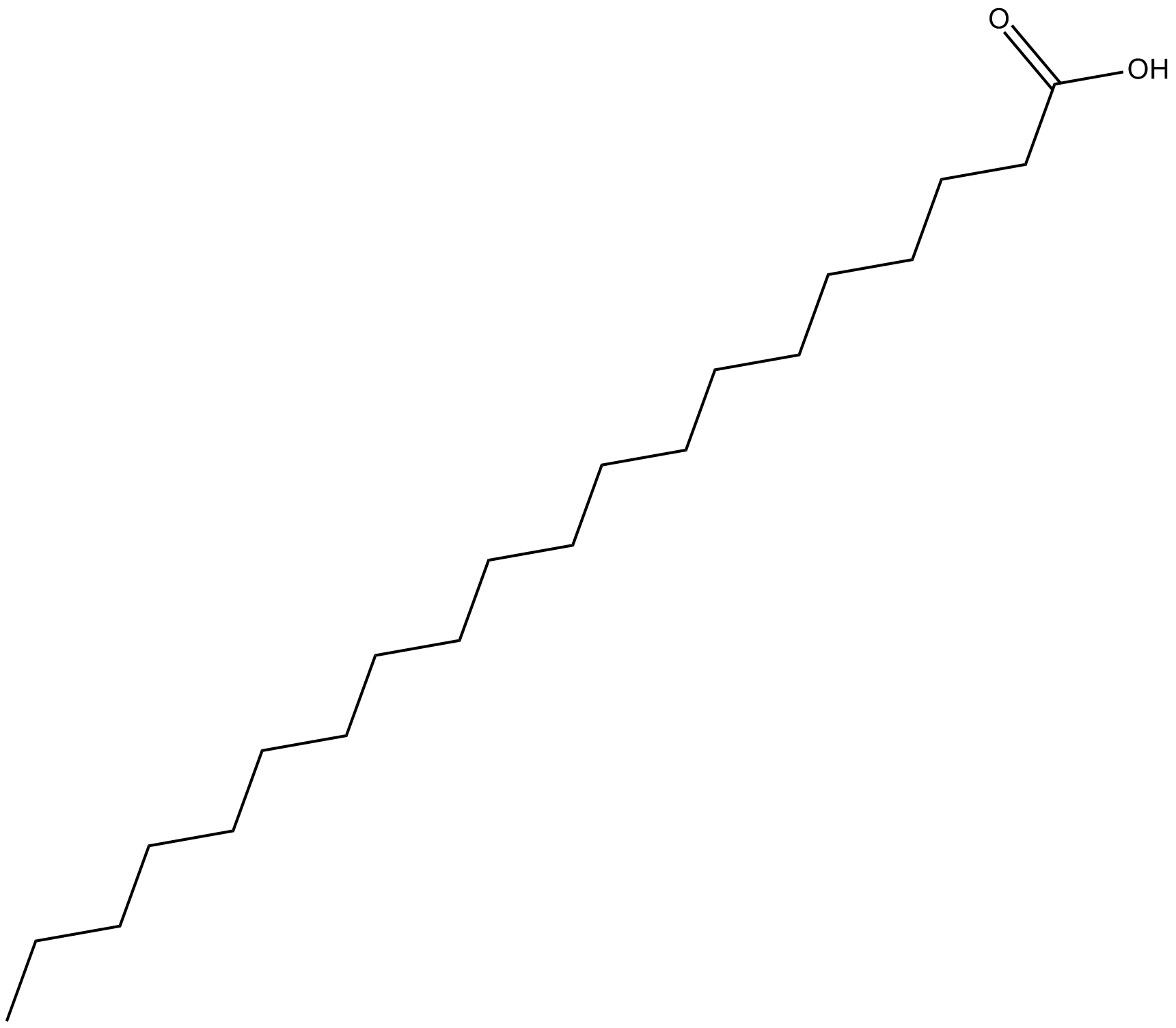 C5811 5,8,11-Eicosatriynoic AcidSummary: nonselective inhibitor of lipoxygenases (12-LO)
C5811 5,8,11-Eicosatriynoic AcidSummary: nonselective inhibitor of lipoxygenases (12-LO) -
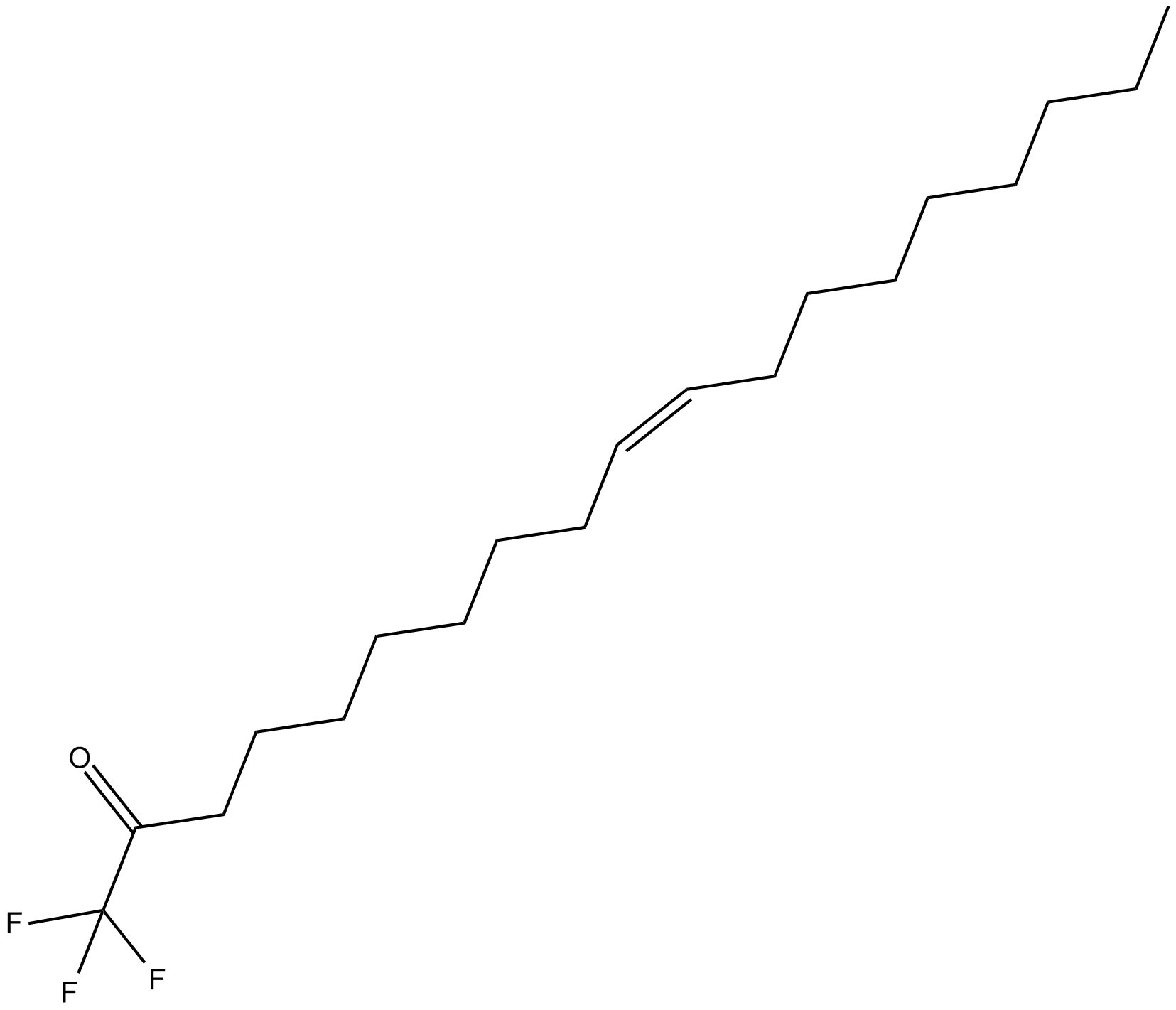 C5719 Oleyl Trifluoromethyl KetoneSummary: potent inhibitor of FAAH
C5719 Oleyl Trifluoromethyl KetoneSummary: potent inhibitor of FAAH -
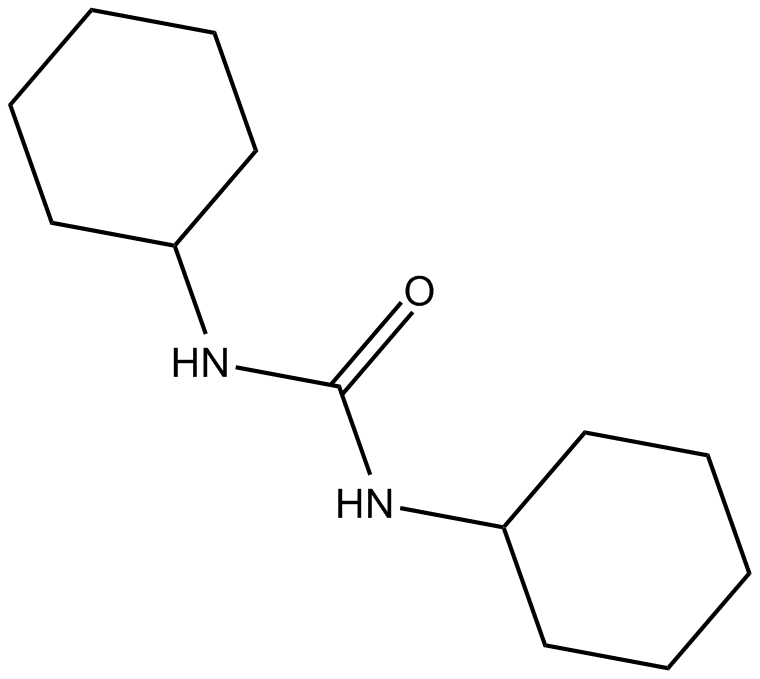 C3458 N,N'-DicyclohexylureaSummary: soluble epoxide hydrolase (sEH) inhibitor
C3458 N,N'-DicyclohexylureaSummary: soluble epoxide hydrolase (sEH) inhibitor -
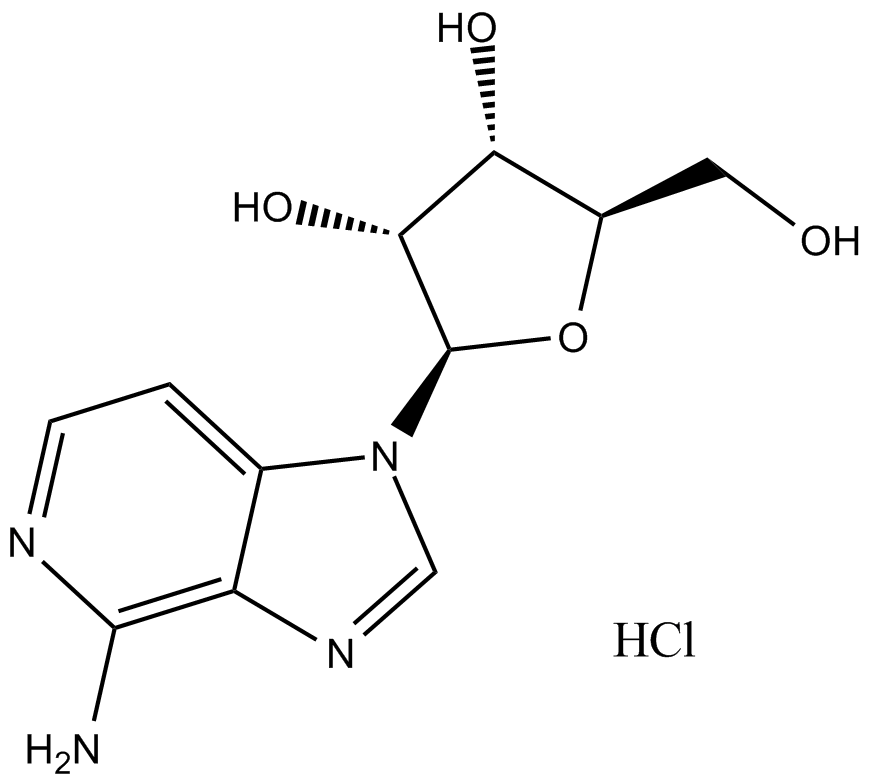 B8470 3-Deazaadenosine hydrochloride
B8470 3-Deazaadenosine hydrochloride -
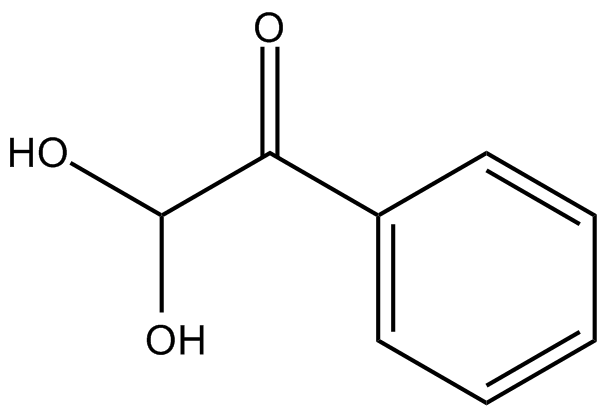 C6975 Phenylglyoxal hydrate
C6975 Phenylglyoxal hydrate -
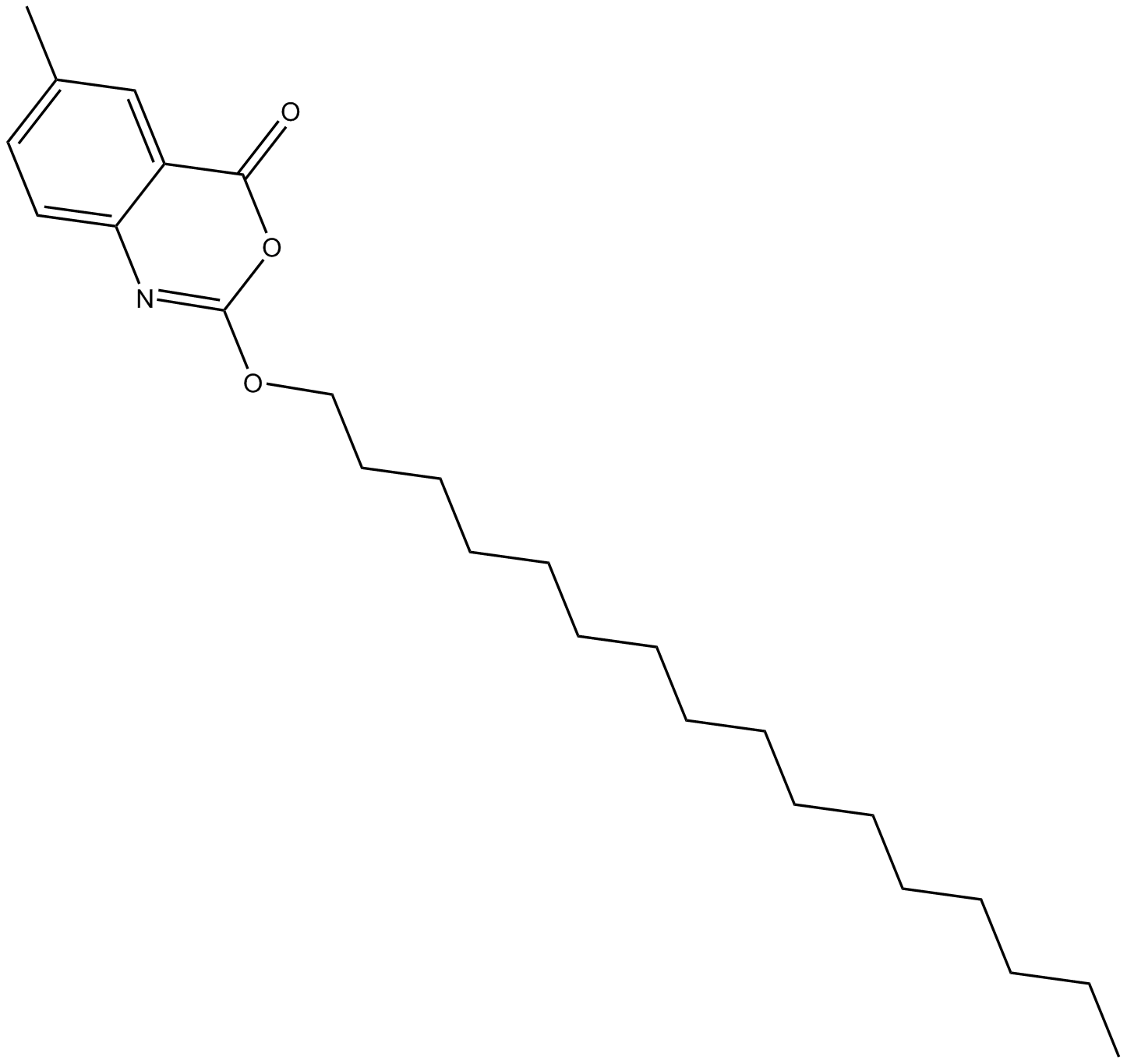 C7022 CetilistatSummary: an inhibitor of pancreatic lipase
C7022 CetilistatSummary: an inhibitor of pancreatic lipase -
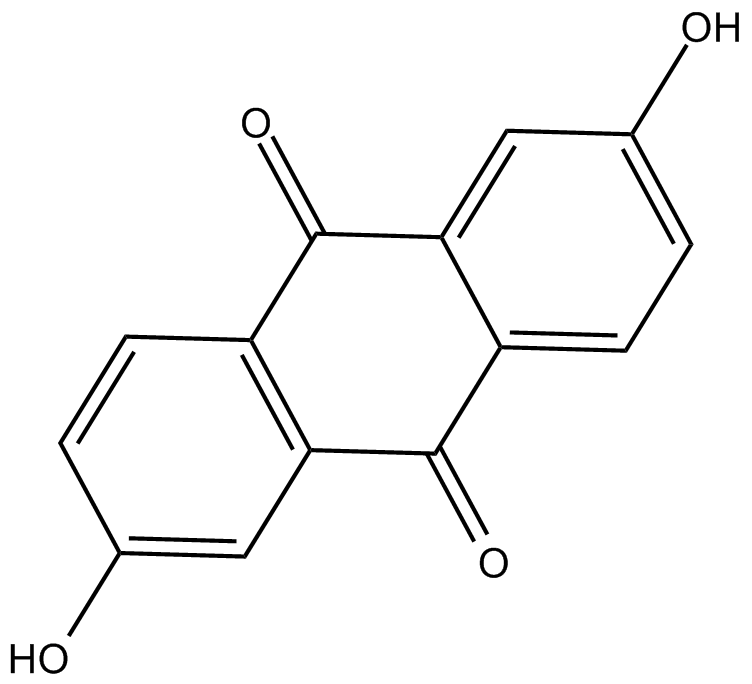 C7063 2,6-Dihydroxyanthraquinone
C7063 2,6-Dihydroxyanthraquinone -
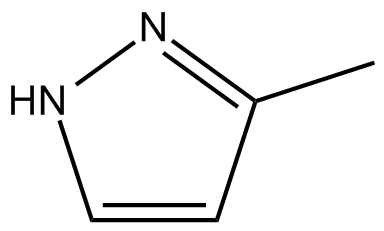 C7113 3-Methylpyrazole
C7113 3-Methylpyrazole -
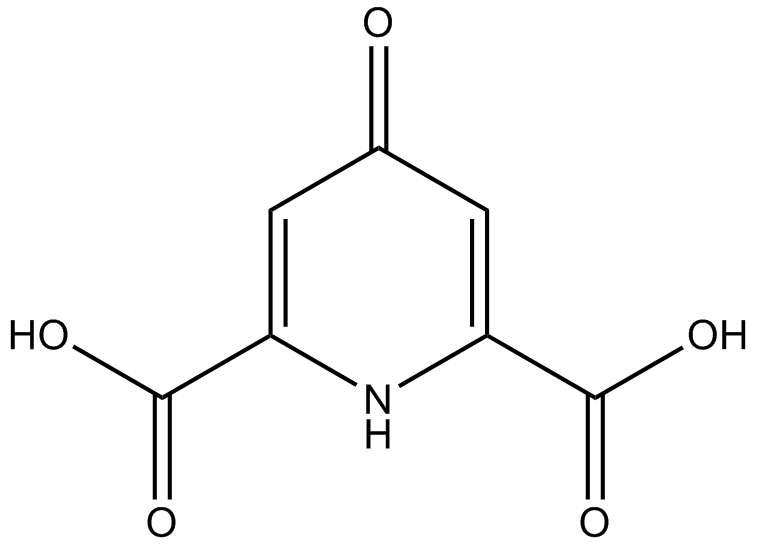 C7196 Chelidamic acid
C7196 Chelidamic acid -
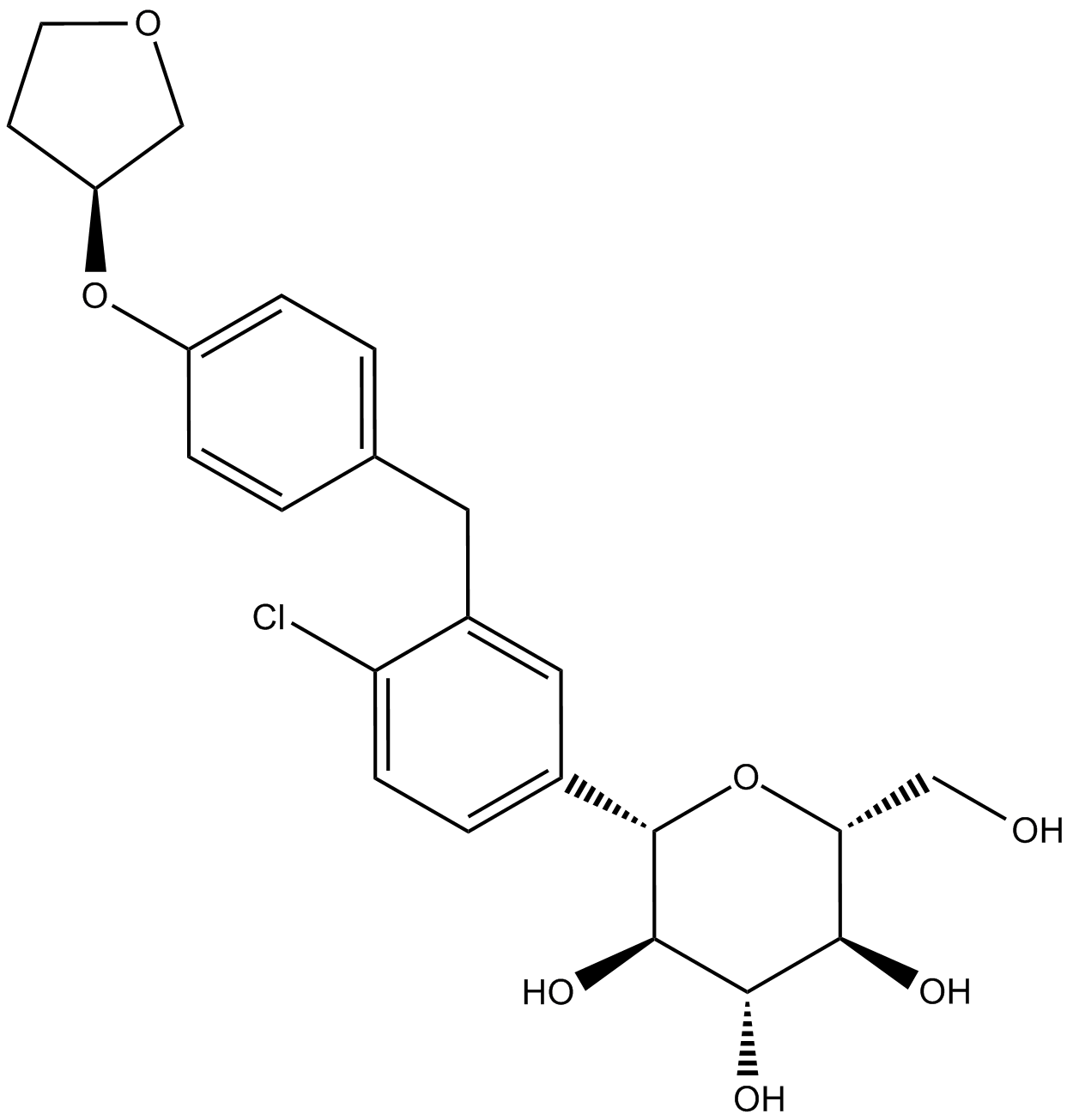 A4601 Empagliflozin (BI 10773)2 CitationSummary: SGLT-2 inhibitor for oral treatment of type 2 diabetes
A4601 Empagliflozin (BI 10773)2 CitationSummary: SGLT-2 inhibitor for oral treatment of type 2 diabetes

